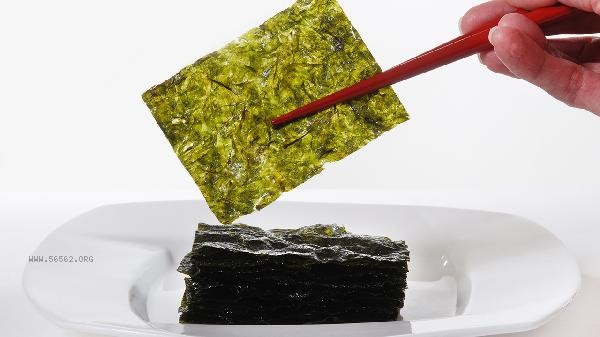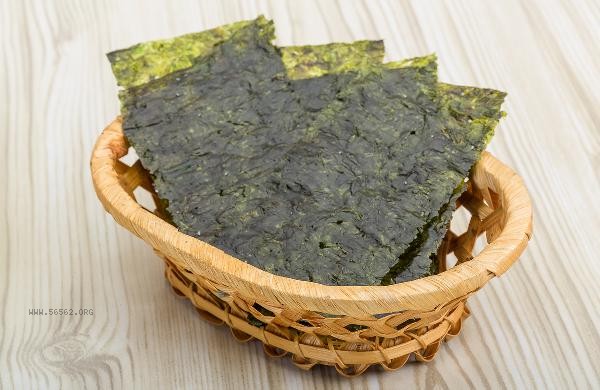It is normal for seaweed to have a fishy smell, which is mainly related to the growth environment, processing methods, and storage conditions of seaweed. Seaweed belongs to the seaweed class and naturally has a unique odor of marine organisms. Fresh seaweed may retain some fishy smell after being dried or air dried, but it usually does not affect food safety. When seaweed grows in the ocean, it adsorbs minerals and microorganisms from seawater, which may produce a fishy odor. If not thoroughly rinsed or dehydrated during the processing, residual seawater components will exacerbate the fishy smell. Seaweed that uses traditional sun exposure methods may have a more pronounced odor due to oxidation caused by prolonged exposure to air. Some seaweed products undergo high-temperature sterilization treatment before packaging, which may alter their original odor molecular structure and amplify the fishy smell. When the storage environment is humid or the temperature is too high, the protein decomposition in seaweed will produce compounds with fishy odor such as trimethylamine. In rare cases, the unusually strong fishy smell of seaweed may indicate quality issues. If seaweed is stored for too long or the packaging is damaged, microbial growth can cause protein decay and produce a pungent fishy odor. Seaweed grown in polluted water areas may accumulate excessive heavy metals or harmful algal toxins, resulting in a fishy smell accompanied by abnormal discoloration and sticky texture. People who are particularly sensitive to the fishy smell can choose instant seaweed that has undergone deodorization process or blanching treatment.

When purchasing seaweed in daily life, it is recommended to choose products with complete packaging, green and glossy color. After opening, they should be sealed and refrigerated, and consumed as soon as possible. Rinse quickly with warm water or blanch briefly before cooking to reduce the fishy smell. Paired with seasonings such as ginger and vinegar, it can effectively neutralize the seaweed odor. People who are allergic to seafood should consume it with caution. If seaweed shows signs of spoilage such as mold spots and increased odor, it should not be continued to be consumed. Reasonable storage and processing of seaweed can preserve rich nutritional values such as iodine, dietary fiber, and protein.











Comments (0)
Leave a Comment
No comments yet
Be the first to share your thoughts!